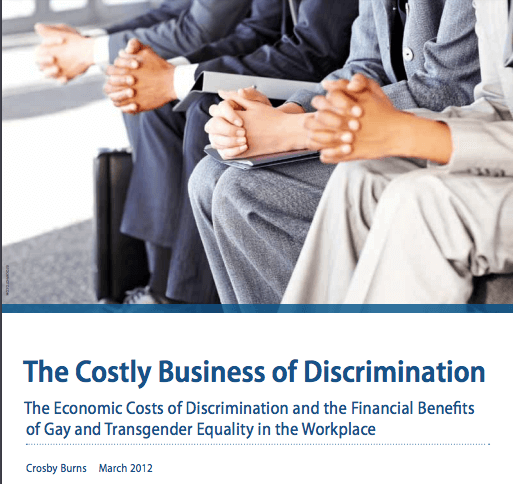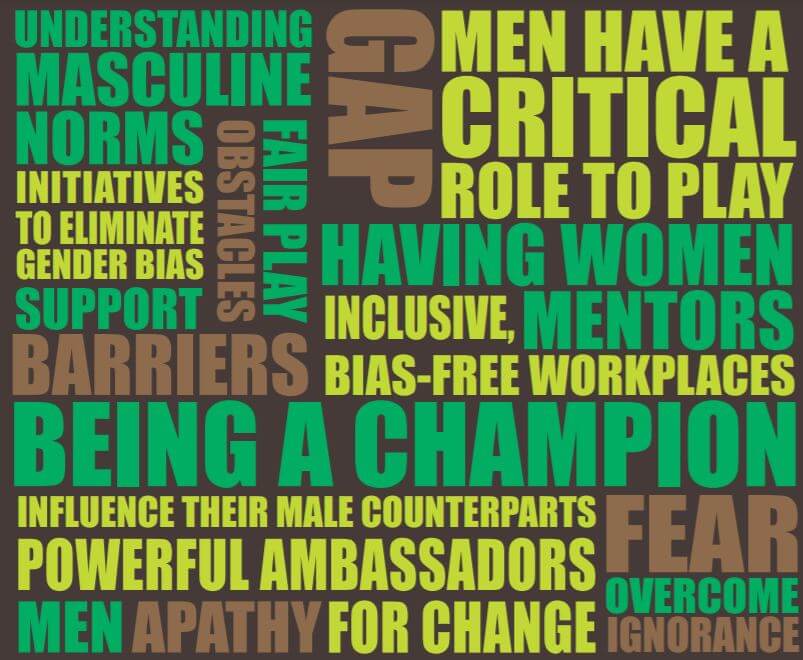Lending Discrimination During Covid-19: Black and Hispanic Women-Owned Businesses
NCRC, in collaboration with our academic partners, conducted 60 pre-application mystery shopper tests by telephone with 47 different financial institutions in the Los Angeles, California, metropolitan statistical area (MSA) from July 27 to August 7, 2020, during the last two weeks that federal Paycheck Protection Program (PPP) loans were available to businesses impacted by the coronavirus pandemic. This study was to determine if financial institutions changed their behaviors after being made aware of our previous testing conducted in the Washington, D.C., MSA. The results of that testing were widely reported by the media, including The New York Times, Politico, The Hill and ABC News. The follow-up tests in Los Angeles revealed a combined 21 out of 60 (35%) tests where the White tester was favored over either or both of the Black and Hispanic Testers in violation of the Equal Credit Opportunity Act (ECOA) of 1974. For this round of testing, we conducted 60 multi-layered matched tests which consisted of a Hispanic, Black and White tester each contacting the same financial institution to request information. Thirty of these multi-layered matched tests were conducted by female testers and thirty by male testers. We tested 60 branches from 47 different financial institutions including some national institutions that we had tested in Washington, D.C., during the first round.
8 Steps for Retaining Women of Color Lawyers
2Civility FEBRUARY 25, 2021 JAYNE REARDON A lack of diversity and inclusion has plagued the legal profession for decades. Despite incremental progress in hiring, law firms haven’t been successful in retaining women of color lawyers in the associate ranks or promoting them to partner. While the COVID-19 pandemic has laid bare the stark realities of the legal profession’s diversity, equity, and …
Strategies That Male Allies Use to Advance Women in the Workplace
The purpose of this research study was to identify and examine, from both men’s and women’s perspectives, the specific behaviors and strategies male allies use to successfully support the advancement of women in workplace settings. From a survey of 243 men and women, the team gathered qualitative survey data that were analyzed to identify the strategies and behaviors used by male allies. Top responses included developmental relationships, human resource (HR) processes, leadership development, recognition (both public and private), treating women as equals, and challenging sexist behavior. Some differences existed between perceptions of men and women in terms of the most critical ally behaviors. These research findings have scholarly and practical implications in future efforts to work toward greater gender parity.
Are the Processes Underlying Discrimination the Same for Women and Men? A Critical Review of Congruity Models of Gender Discrimination
Although classic congruity models of gender discrimination (e.g., role congruity theory,
lack of fit) predict negative outcomes for both women and men in gender-incongruent
domains, the literature has focused almost exclusively on discrimination against women.
A number of recent studies have begun to address the question of whether and under
what circumstances men can also be the targets of gender discrimination. However, the
results of these studies have so far been mixed. Therefore, the question of whether men,
like women, also suffer discrimination when in gender incongruent roles and domains
remains unclear. The goal of the present paper is to integrate and critically examine
the burgeoning literature on gender discrimination against men in order to assess
whether the symmetrical predictions of congruity models are supported. Through this
close analysis and integration of the literature, I aim to identify remaining gaps in the
research on gender discrimination. In particular, I propose that researchers of gender
discrimination would benefit from expanding their scope beyond that of paid work.
So, You Want To Be a Male Ally For Gender Equality? (And You Should): Results from a National Survey, and a Few Things You Should Know
When it comes to supporting gender equality and women’s rights, or even the #MeToo movement, many men believe they’re already doing their part, but there is a long way to go before women are fully equal to men – at work, in hiring, salary, benefits, mentoring, and promotion; at home, in the unequal division of childcare and household labor between partners; and in leadership positions.
Engaging men in gender initiatives: What change agents need to know
Engaging Men in Gender Initiatives is a series about men. When it comes to diversity and inclusion efforts—
especially initiatives to eliminate gender bias—Catalyst believes that men have a critical role to play. Yet too
often men are an untapped resource in such gender initiatives. To address this gap, this series offers advice
to change agents on effective ways to partner with men in ending gender inequalities.
This Calculator Puts a Dollar Value on the Invisible, Unpaid Work Done by Women
QUARTZ AT WORK FEBRUARY 28, 2018 BY ANNALISA MERELLI & YOUYOU ZHOU Liberian activist Leymah Gbowee won the Nobel Peace Prize in 2011 after turning a grassroots women’s movement into the force that ended her country’s civil war and eventually led to the election of Ellen Johnson Sirleaf, the first female president on the African continent. Gbowee also has a …
Five Ways Men Can Improve Gender Diversity at Work
Women are underrepresented in many global companies, particularly among senior leadership teams—and companies are missing out on opportunities as a result. A large and growing body of research shows that organizations with greater numbers of women, especially in leadership roles, perform better. For example, a 2016 Peterson Institute for International Economics study of some 22,000 global companies found that as companies increased the number of women among board members and senior leaders, their profit margins increased as well. Diverse teams bring diverse perspectives to a company, improving both problem solving and resiliency and making the organization more innovative and adapt- able to change.
Yet when companies try to fix this problem, they often center their efforts solely on women. Experience shows, however, that this is not enough to bring about material change. Such a narrow focus essentially walls off gender diversity as a women-only
issue instead of positioning it as a broader topic that has a significant effect on overall company performance. What’s more, at most companies, women who try to generate meaningful change on their own find that they are too few in number to produce the necessary impact. Men need to join their efforts in order to succeed.










